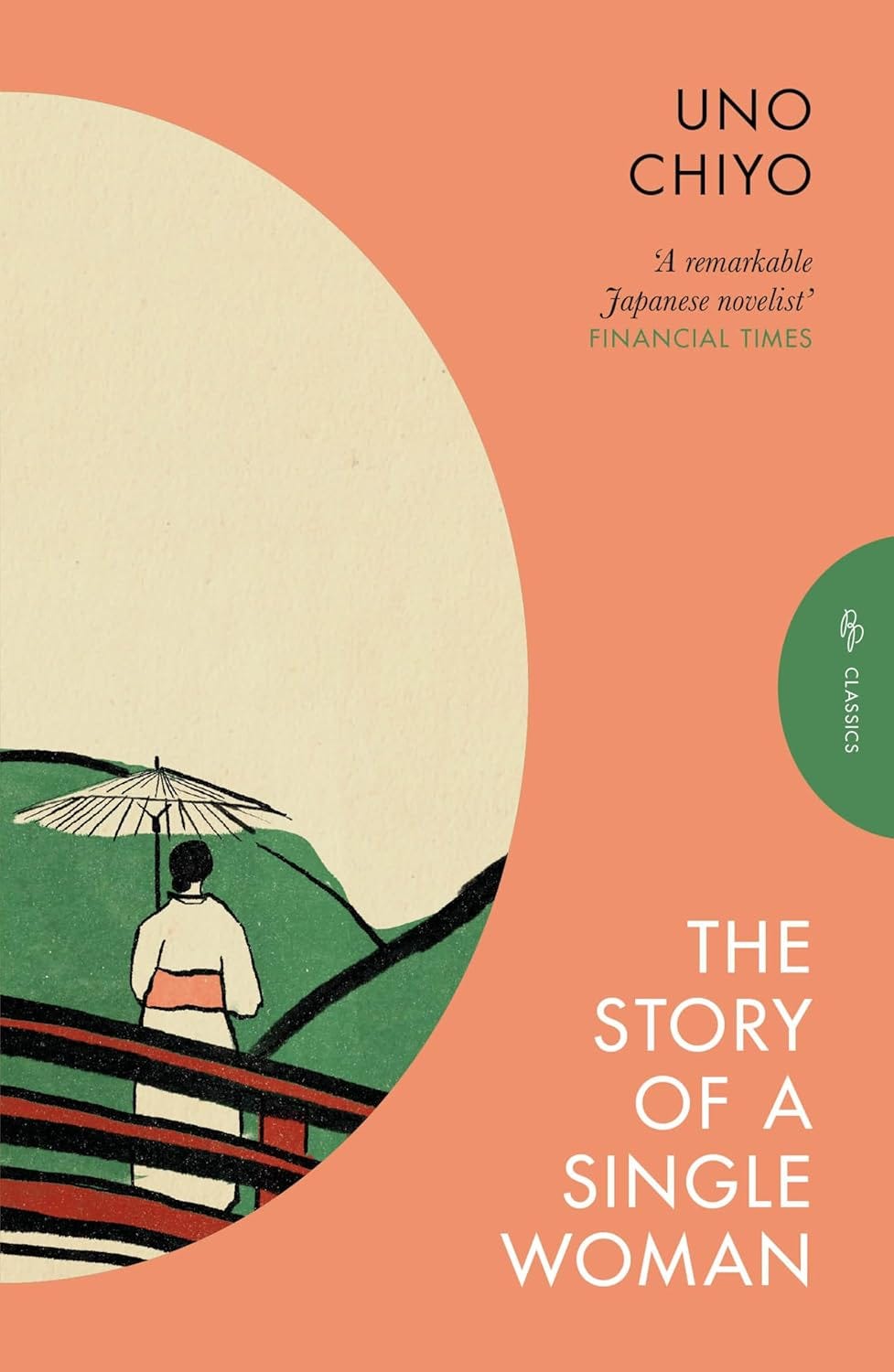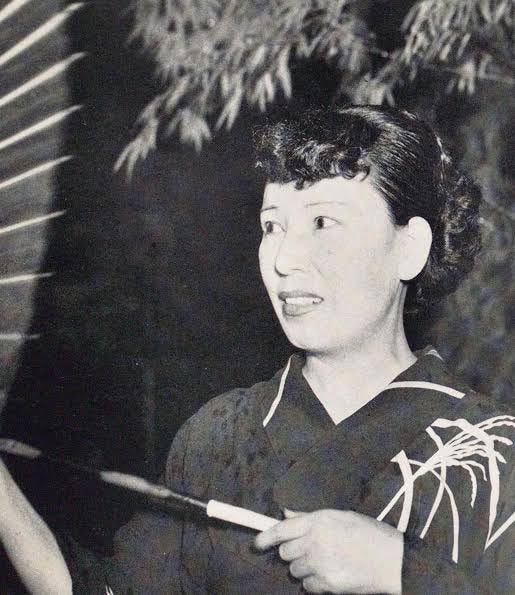Book Review: The Story of a Single Woman by Uno Chiyo
A Japanese classic autobiographical novel about a woman who defied conventions of family and marriage.
Kazue was never conscious of what she was doing. She simply took what life had to offer, with no more resistance than if she were being buffeted along by the wind.
In the Japan of the 1920s, an impulsive young woman leads a life defying conventions. Born in a village household to an alcoholic father, she obediently accepted all his demands. She was married off to her cousin as a child of thirteen but soon deserted him, who didn't find her desirable. After her father's death, she soon left her home and lived a life of hopeful impulsiveness and independence. She finds love in several places but discovers that it is fleeting and quickly moves from one relationship to another, remaining a 'single woman' in her core forever. As an old woman, we find her remembering her experiences of youth in retrospection.
'The Story of a Single Woman' is a Japanese novel written by Uno Chiyo, which is autobiographical in nature. The novel explores the themes of self-discovery, individuality, love, and sexuality. It's part of a Japanese literary genre known as 'I-novel,' which is essentially fiction laced heavily with autobiographical elements. The novel, which was published in 1971, was translated into English by Rebecca Copeland in 1992. I received an advanced review copy of the upcoming edition published by Pushkin Press as part of its classics collection through NetGalley in exchange for honest feedback.
Uno Chiyo, who was born in a conservative village, was ostracized as a teenager and had to move to Tokyo, where she did many odd jobs to survive. To the horror of the conservative Japanese society, she married multiple times and openly indulged in adultery, which was illegal at the time. After winning first prize in a short story contest, she started devoting her time to writing novels, the plots of which were derived from her own scandalous life. After her final divorce in her late sixties, it's said that Uno began a new phase in life and writing, creating gems like this novel. Her introspective writing of this phase won her several awards and admiration.
The narration of the novel is very peculiar and deviates from the regular autobiographical books that are normally first-person perspectives. Here, the narrator reveals to us in first person, but without providing any identification. The protagonist is addressed in the third person. The narration happens when she is about seventy years old and has an introspective look at her past. So, essentially, the narrative is multilayered but written so effortlessly we tend to forget it while reading.
This technique creates a retrospective effect that makes us look at the deeds of this young, immature girl with restraint and hindsight and without elements of emotional melodrama. The narrator periodically poses several questions to the reader, which makes us think of the protagonist from different perspectives. We are also not sure where the old protagonist begins or where the first-person narrator ends. It doesn't mean that the novel is devoid of any emotional payoff. It's just that once we are hit, we get enough time to recover and contemplate the causes and effects.
The plot focuses solely on Kazue, the protagonist. In one instance, she discovers a box of make-up powder in their house and realizes that applying it could make her appealing. It's introduced as a turning point in her character development when she turns from an obedient young girl to someone who prioritizes herself. This changeover is drastic. It's also indicated that the life that she chose to follow is something that her father already went through. While he failed in it and returned to his family, he tried to forbid his children from following his path. But after his death, his eldest daughter Kazue followed it and found self-realization. There is a sense of irony in the depiction of a loyal and obedient daughter ultimately following her father's self-destructive path.
"The Story of a Single Woman" is a novel that portrays the life of a woman who breaks the shackles of conventional morality that society forces on individuals. She isn't afraid to assert and think for herself. It's well written with stunning imagery and a rich narrative by a writer who has already lived this story herself.





